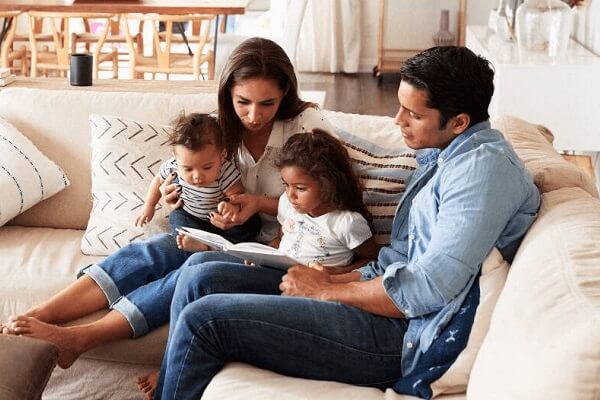Sign up to our newsletter
We regularly send out newsletters with product information, advice on improving your finances and top tips. If you would like to receive this please sign up to our newsletter, which you can unsubscribe from at any point.

Mortgage Advice Bureau will compare thousands of mortgages from over 90 different lenders such as Barclays, Santander, NatWest, Halifax and many more to find a deal that's right for you.

At any one time we can offer ISAs, fixed rate savers, easy access accounts or children's savers to get your little ones started... take a look at the accounts we're offering right now.

Find the information you need surrounding your Nottingham Building Society mortgage including switching deals, additional borrowing and making an overpayment.
In response to the government's Mortgage Charter, we will soon be introducing more ways to help our members struggling with their mortgage payments.
If you'd prefer to get in touch with us face-to-face, we'd love to welcome you at your nearest branch. Use our postcode checker to see if we have a branch in your local area.
Our customer service team or branch advisers are happy to help you, whatever your query and we have a range of ways you can get in contact with us.
Our members will soon be receiving, or have already received, their annual mortgage statement. In this video we'll clarify what's included in the statement so you can see things like how much you've repaid on your mortgage and your remaining balance.

If you'd like to vote in this year's Annual General Meeting you can do this online before 5pm on Friday 19th April 2024. The AGM will be held online at 6.30pm on Wednesday 24th April 2024 and can be accessed through this link.

Find hints and tips that will help you be aware to multiple types of different scams, how to protect yourself against fraud, how to keep yourself safe online and we explain the ways that we protect you and your money.